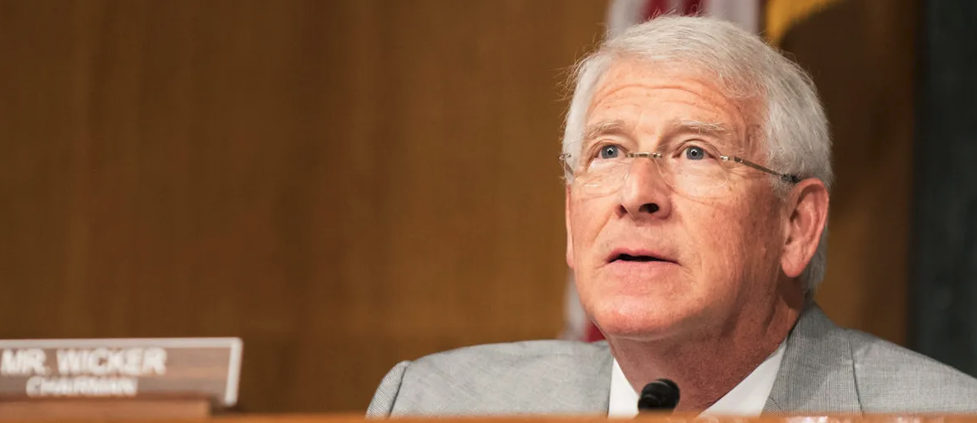WASHINGTON—Senator Roger Wicker (R-Miss.), Chairman of the Senate Armed Services Committee and the U.S. Helsinki Commission, today applauded final passage of the Fiscal Year 2026 National Defense Authorization Act (FY26 NDAA) with broad bipartisan support.
“Not since the era of World War II has our nation faced an axis of aggressors across multiple theaters seeking to dismantle American influence. The bill we now send to the president’s desk is a reflection of that reality and an appropriate response.
“In this NDAA, my colleagues and I have prioritized the structural rebuilding of the arsenal of democracy and returning the department to its warfighting mission. Crucially, it also contains the most sweeping upgrades to the Pentagon’s business practices in 60 years—a watershed moment for our military.
“The bill sets us on a path to modernize our defense capabilities and augment our drone manufacturing, shipbuilding efforts, and the development of innovative low-cost weapons.
“Thanks to the partnership and bipartisan support from Ranking Member Reed, and that of all members who worked to improve this bill, our military will be better prepared to meet the challenges ahead.”
The FY26 NDAA also includes several provisions to strengthen the United States’ force posture in key theaters, including Eastern Europe, and bolster our ability to defend U.S. interests, values, and assets:
- Ensures that U.S. force posture plans in Europe are well-coordinated with U.S. military, allies, and Congress.
- Establishes the Baltic Security Initiative (BSI) and authorizes $175 million in funding to strengthen front-line deterrence against Russian aggression.
- Reauthorizes and increases the Ukraine Security Assistance Initiative (USAI) funding to $400 million dollars.
- Ensures that any decision to hand over command of NATO to a European officer is preceded by detailed consultations with allies and Congress.
- Directs the Pentagon to consider whether NATO partners have submitted plans to reach 5 percent of GDP in deciding on future U.S. military basing and training in Europe.
- Advances democratic and economic growth and stability in the Western Balkans.
- Holds Russia accountable for war crimes committed in Ukraine, including the abduction of tens of thousands of Ukrainian children.
###










